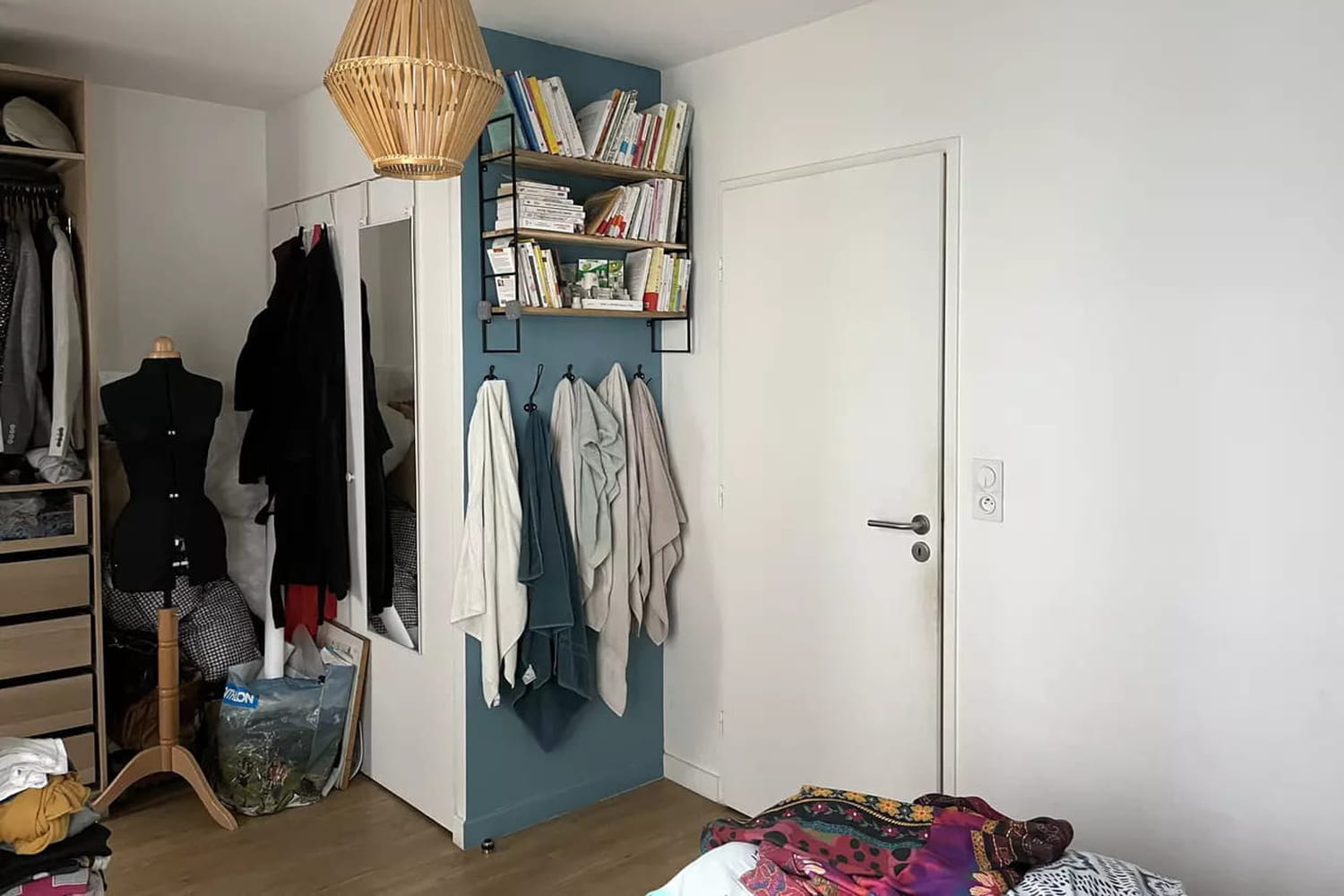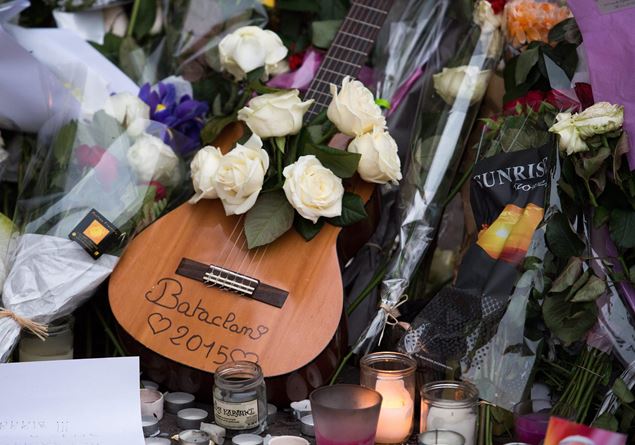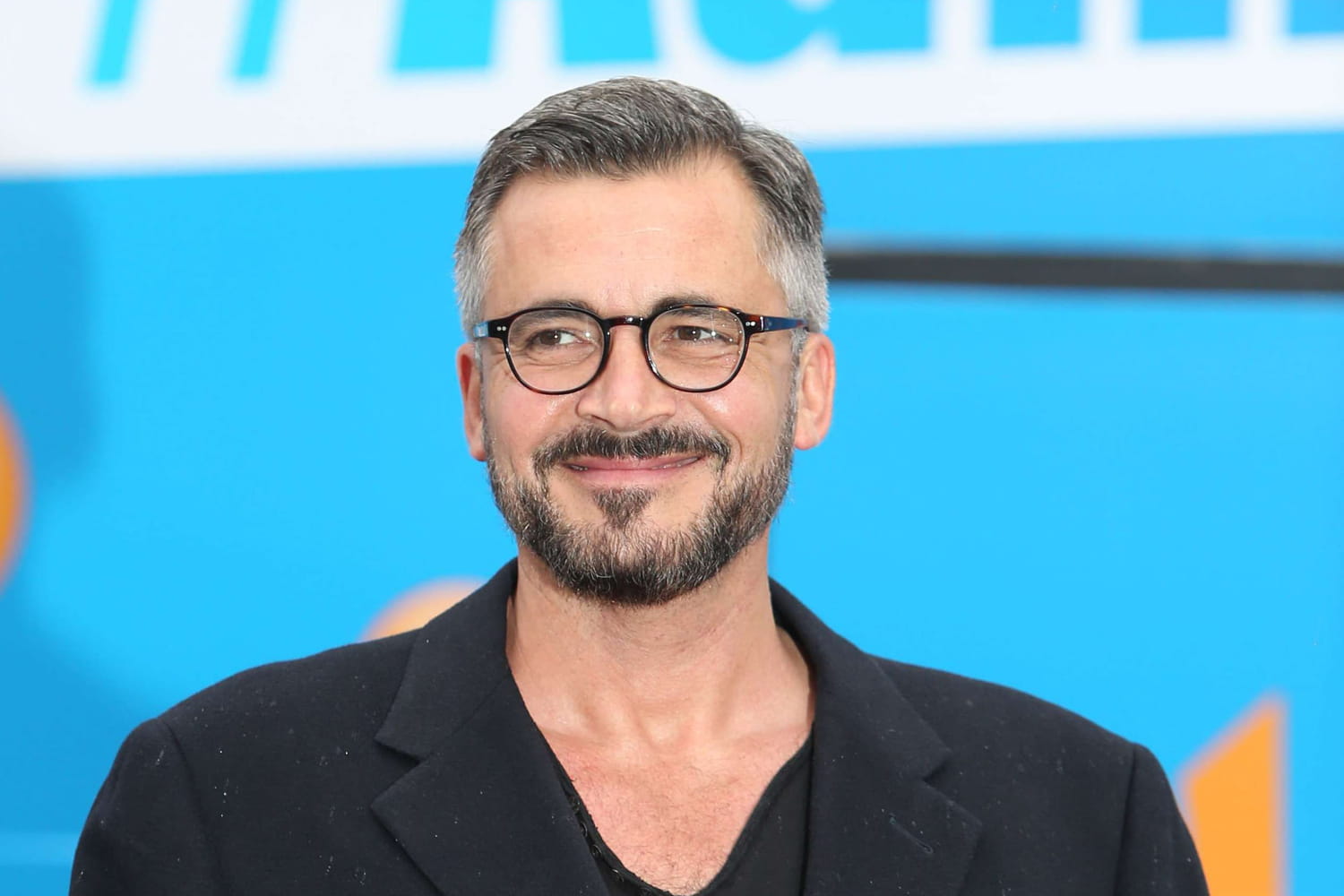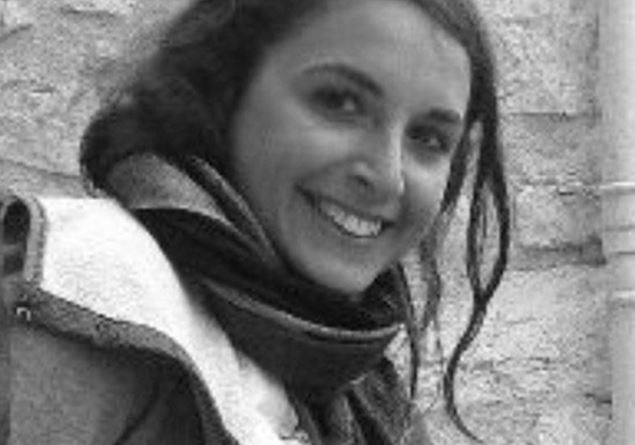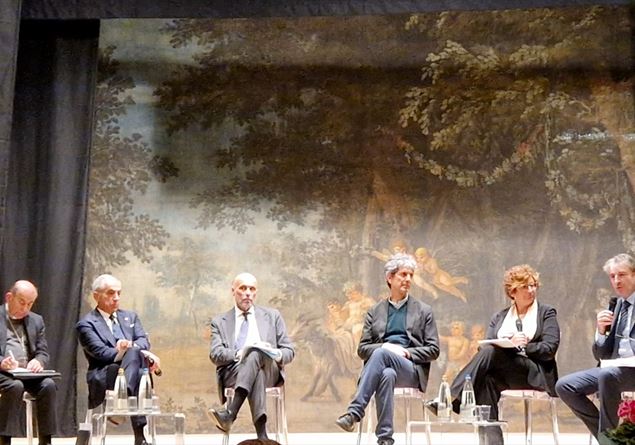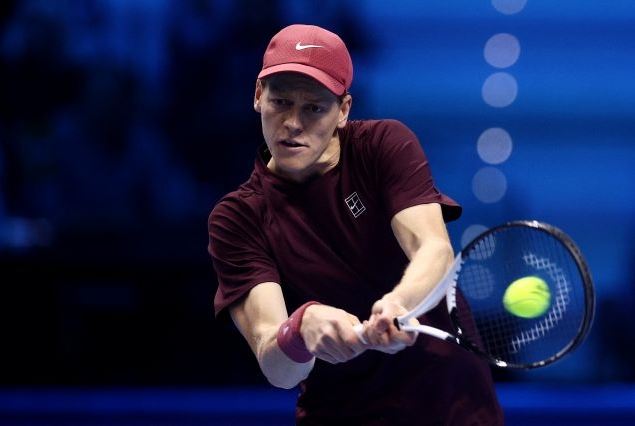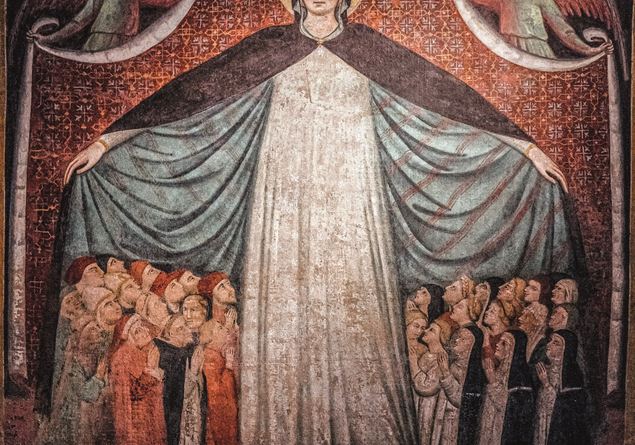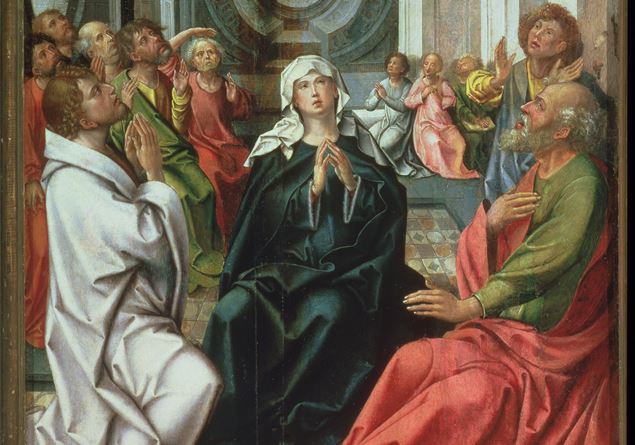If she were still here with us, we would ask her for advice about our empty cradles, about the nursery schools that are closing, about the demographic crisis. Valeria Solesinin Paris, after graduating in sociology in Trento and Nantes, he was studying exactly this. As an attentive sociologist and demographer, she understood that the future of our societies was at stake there. His doctoral thesis project at the Sorbonne was entitled ‘One or two children? An analysis of the determinants of fertility in France and Italy’.
Then, at the Bataclan, Islamic terrorists ended his young life. Piazza San Marco remains in everyone’s memory, that coffin in front of the Basilica and around the representatives of three religions, statesmen and many young people like her, full of broken hopes. It happened ten years ago, on November 13, 2015.
«Despite everything, these ten years have passed quickly – says the mother, Luciana Milani –. However, the tenth anniversary is filled with a certain emphasis that we feel within us and around us: that people want to remember seems like a beautiful thing to me, so I’m pleased.”
What was your daughter like?
«Valeria was a very active, intelligent and good person. Inclined to talk to people, extroverted, great organizer of the things she planned. She liked being with friends, she was a nice person. Engaged in the world of volunteering, she approached Emergency at a very young age. Having obtained a double degree and knowing French well, he applied for a master’s degree in Paris.”
In memory of Valeria, an award was created that supports the best university theses on the role of women in economic progress.
«It was an idea of the Meritocracy Forum. An award born in the wake of the emotion that Valeria’s death had caused. Soon we will celebrate the ninth edition. There have been many initiatives. In Venice there is a bridge dedicated to her, in Varese a small square in the garden of the Liceo Musicale.”
What did they represent?
«They were just as many occasions for remembrance. Many different realities were affected by this event. It seems to me that he has been taken as a symbol of many young people who study, who work, who are busy and who perhaps find it difficult to stay in Italy, but would always desire to return to Italy, as Valeria always hoped.”
Has this story entered the history of our country and Europe in some way?
«I don’t know… a little yes. Many ask me to speak on this tenth anniversary: it means that it has remained in the collective memory. I see an interest beyond the venue, it has become a piece of history.”
Ten years have passed, it seems that the world has increased the amount of hatred and suffering.
«I welcome all this with regret and also with dismay. It was unthinkable that things would worsen to such a painful point. Wars in Europe, in the Middle East, countering them is beyond our power. Sometimes it’s even difficult to understand.”
The only surviving terrorist never showed any remorse at the trial. Sometimes man is an abyss.
«There are men and men, they are not all like the one tried in France. I have faith in human beings: hope is constitutive of human nature. Without that we couldn’t move forward. There are bad guys who do bad things, there always have been; there are the laws that the States have. Human justice has tools.”
The Patriarch of Venice, on the day of the funeral, said to the terrorists: ‘You will not be able to make us hate’. Is it possible not to hate?
«It is possible and also necessary. Hate gets you nowhere. The first people who are destroyed by hate are us, if we set out on this path. Even thinking about whoever set up the massacre: they were victims of themselves, they were the first victims of their evil actions. What did they conclude?”.

